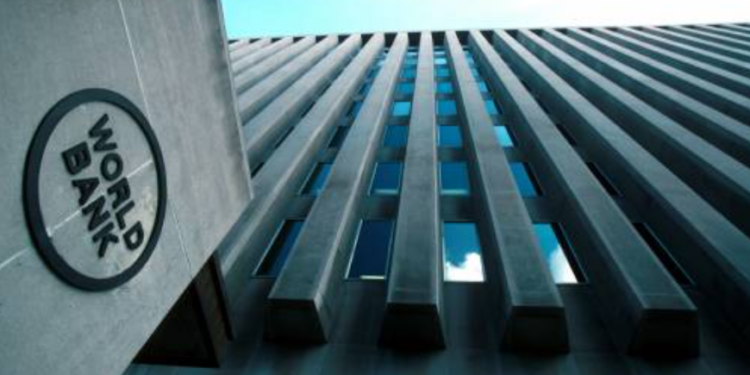The World Bank has asked the federal government to increase the VAT rate as a measure to boost non-oil revenue into the FG’s coffers.
The Bretton Woods institution stated this in its Bi-annual Nigeria Development Update titled “Turning the Corner: From reform and renewed hopes, to results” published today.
In the report, the bank recommended hiking the current VAT rate of 7.5% as a measure towards creating more fiscal space and increasing non-oil revenue.
However, the bank noted that such an increase should allow for input tax credits while exemptions on petrol should be removed as some of the measures recommended to raise non-oil revenues
It states,
- “Increase VAT rate while allowing for input tax credit; remove exemptions for petrol products”
Other recommendations from the bank geared towards increasing non-oil revenue include; the use of data towards tax auditing and the introduction of simple turnover tax for SMEs at the state level rather than the multiple levies and fees.
Benefits of Tinubu’s reforms if sustained
The report also noted that the reforms of President Bola Tinubu if sustained can help reduce inflation to 19.6% in 2025. Nigeria’s current inflation rate stands at 27.33% for October 2023.
President Tinubu is targeting an inflation rate of 21.4% for 2024 according to his budget presentation speech.
President Tinubu has carried out two massive reforms since his inauguration in May- the unification of the foreign exchange market and the removal of the costly subsidy on petrol.
The bank further highlighted other benefits of the reforms if sustained in the long run to include an increase in GDP growth to 3.7% in 2025, a reduction in fiscal deficit ratio to GDP from its current 5.1% to 3.7% in 2025, and a reduction in the public debt service as a percentage of revenue from 102% in 2022 to 51% by 2025.





















World Bank seems not bothered about weak demand resulting from high poverty and low purchasing power prevalent in Nigeria. Hence the advise to increase VAT from 7.5% and fuel price to #750 from #650. Why is world bank not interested in wellbeing of people but only long run economic fundamentals that are mostly unattainable utopia?